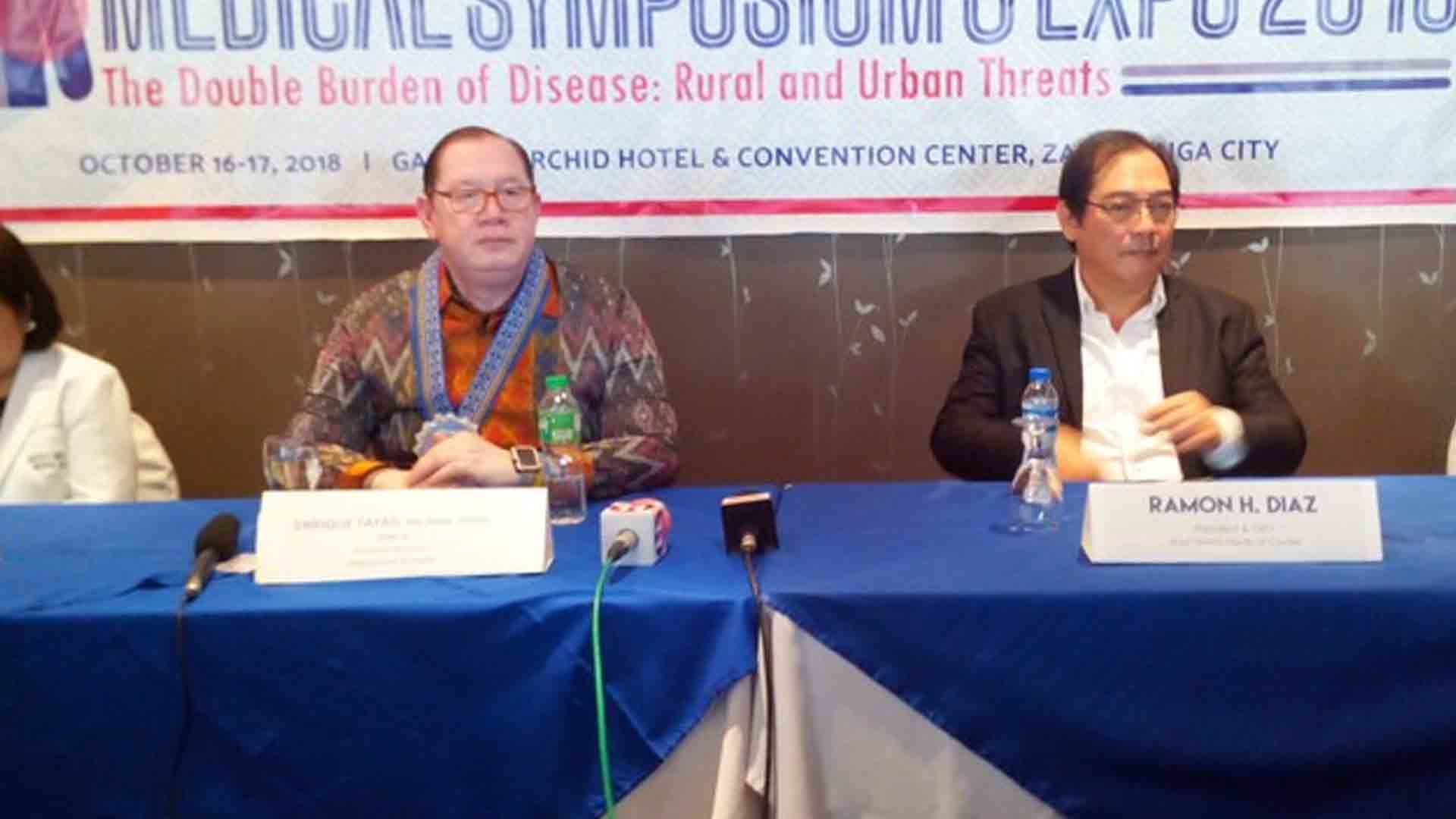The Department of Health (DOH) has partnered with Quezon City to deploy the country’s first end-to-end telemedicine project designed to strengthen the local government unit’s (LGU) ability to provide patients access to medical consultation.
Quezon City is the first LGU in National Capital Region and CALABARZON (Calamba, Laguna, Batangas, Rizal, and Quezon provinces) to roll out telemedicine that connects to the national Covid-19 (coronavirus disease 2019) surveillance system.
The telemedicine project seeks to bolster the provision of primary care services to not only give patients quicker and more efficient access to medical consultation, but also to allow secondary and tertiary health care providers to focus on more serious cases that only they are capable of addressing.
The DOH sees telemedicine as an enabler for health facility referral where patients no longer need to transfer from one health facility to another due to unavailability of doctors or services.
Once a doctor sees the patient via telemedicine, the patient’s data is stored in an electronic medical record capable of transmitting the information to other facilities.
“We are deploying this telemedicine project one LGU at a time in order to support their delivery of primary care services, and we enjoin more LGUs to adopt this program so we can have a nationwide end-to-end system,” said Director Enrique Tayag of the DOH Knowledge Management and Information Technology Service. “We already have telemedicine via the DOH Covid-19 hotline 1555, and this LGU-based telemedicine will further augment our efforts.”
Tayag added that other telemedicine platforms of the DOH can be reached via the Covid-19 hotline 02-894-COVID (02-894-26843) and the telemedicine partners SeeYouDoc, CloudPx, HealthNowPH.
At the moment, the DOH Covid-19 hotline allows patients to talk to doctors over the phone while DOH telemedicine partners make online consultation with doctors available via web-based telemedicine appointment.
Minimizing exposure of health workers to Covid-19
“Given our situation now, telemedicine has a multiplier effect as our limited number of doctors can practice their field and care for more patients,” explained Pierangelo A. Dominguez, head of the Local Economic Investments and Promotions Office and project coordinator in Quezon City.
The telemedicine project aims to monitor patients who were listed as close contacts of a suspected or confirmed Covid-19 positive patient and those who are already undergoing quarantine.
Patients are regularly scheduled for telemedicine consultation with a doctor doing their check-up via video conference calls. Should medical prescriptions be needed in the telemedicine consultation, e-prescriptions are sent via electronic medical records to patients’ emails.
At barangay health centers, doctors check patients who are scheduled for the day via telemedicine, while doctors at the temporary and treatment monitoring facilities (TTMFs) need not enter the actual room of the patients as they can do their medical rounds in front of computer screens.
The DOH has high hopes that telemedicine will minimize the spread of the virus among health workers directly exposed to Covid-19.
DOH continues to reach out to cities like Muntinlupa, Caloocan, and San Juan to introduce similar technologies, which are directly connected to the national Covid-19 surveillance system of the government.
For cities with existing telemedicine projects like Taguig and Makati, the DOH continues to advocate the adoption of national guidelines for telemedicine practice developed in coordination with the University of the Philippines and the National Privacy Commission. (PNA)





















